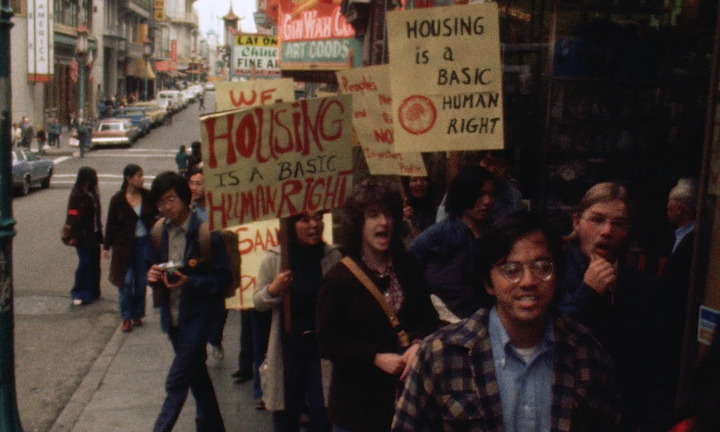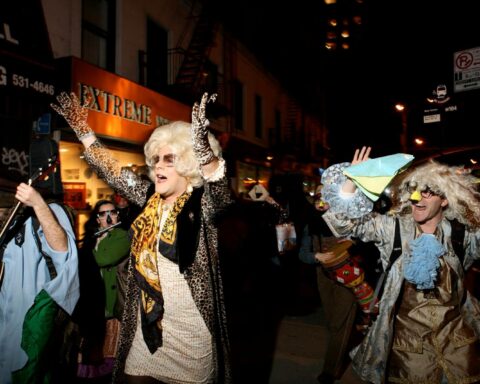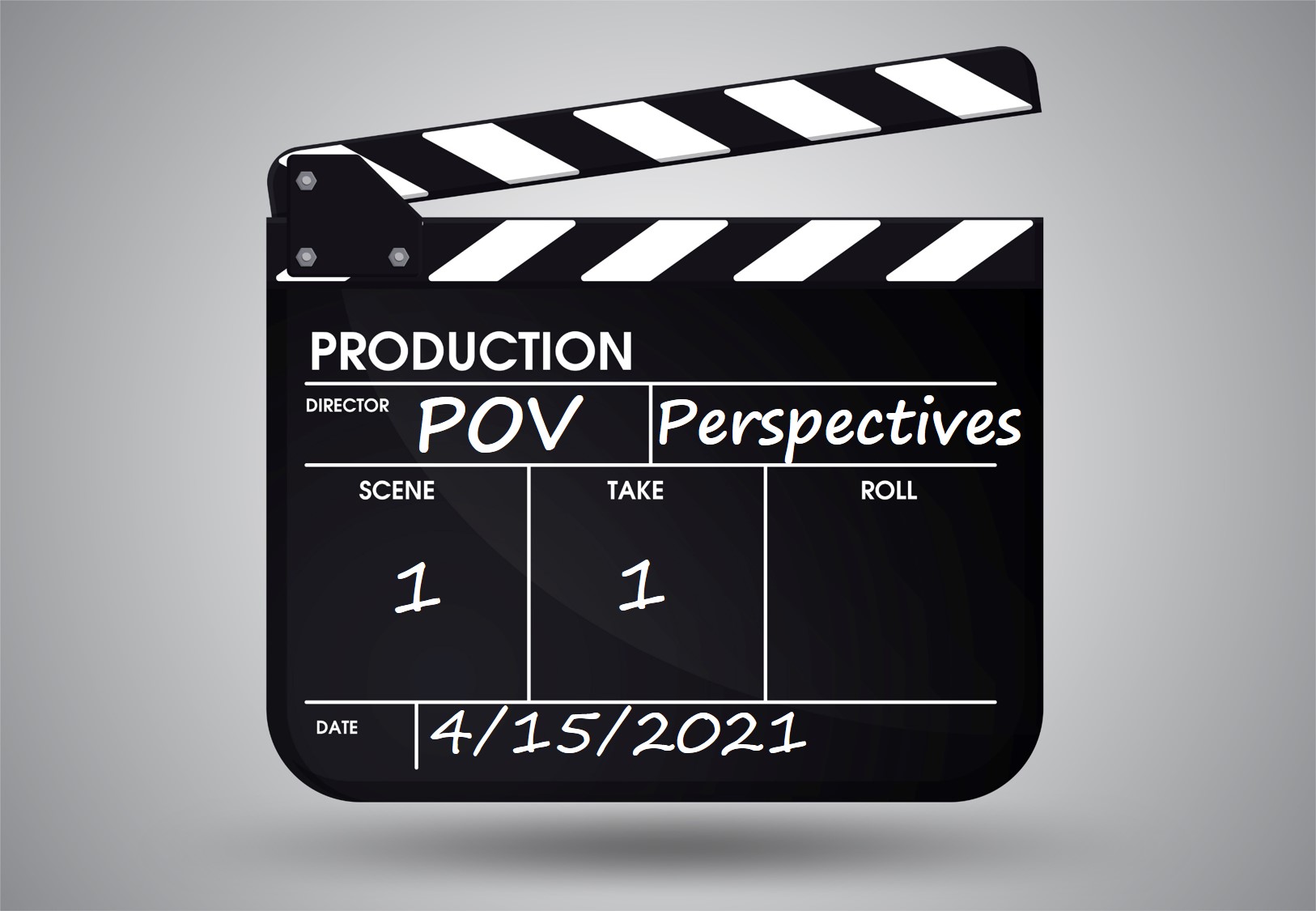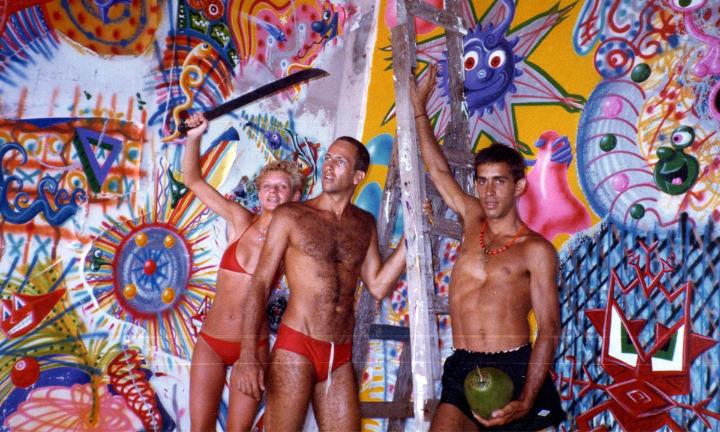The recent shooting in Atlanta, Georgia that claimed the lives of eight people at a spa has brought renewed attention to anti-Asian racism. These acts, which range from micro-aggressions to violent hate crimes, are not new—they were sadly normalised by the previous White House administration amid the coronavirus pandemic. Despite the long overdue racial reckoning inspired in response to the murder of George Floyd and ensuring resurgence of the Black Lives Matter movement last summer, attention to the systemic discrimination that Asian-Americans and Asian-Canadians face has been relatively muted until now—even since the tragic events of March. The history of anti-Asian racism in documentary, similarly, is comparatively sparse despite its significance. Chinatown Rising adds one chapter of history and the effort to address it. This doc by two generations of filmmakers captures the longevity of the fight for equal rights.
Chinatown Rising draws partly from Harry Chuck’s documentary work from the 1970s that captured San Francisco’s Chinatown in all its complexities. Chuck recounts how he chronicled the living situations for residents in the neighbourhood to preserve the humanity and sense of community that fought to thrive despite impoverished living conditions. With just 10 hours of 16mm footage, however, Chuck’s work offers a worthy time capsule that serves as the through line for the film. The images, stark and difficult, are reminiscent of the seminal social doc Housing Problems directed by Arthur Elton and Edgar Anstey and produced by John Grierson. Chuck’s footage frankly shows the reality of Chinatown life and the need for the municipality to create quality affordable housing—not to mention a safe and dignified standard for living—for all its citizens regardless of their zip code.
Chuck, now a pastor, hands over the footage to his son Josh, who weaves past and present in a narrative about the slow road to change. Chinatown Rising assembles a chorus of talking heads who speak to the vicissitudes of immigrant experiences. They recall the influx of Asian immigrants who came when America said anyone who could contribute to society could call the USA home, and the challenges that came after when young immigrants and children of immigrants struggled in classrooms where English was the ruling tongue despite being a second language for many students. Chinatown Rising traces the systemic barriers within education to the influx of Asian gangs and related violence that resulted when students became alienated and dropped out. This analysis inspires larger conversations about access to education, systemic racism, and mistrust of the police—all factors that continue today.
The film draws compelling arguments about the need to hold one’s grounds and stand for principles. As Harry’s old footage eventually assumes a key role in the film, arguably offering a historic turn of events in the doc’s climactic moments, the film salutes the community activists who persistently and doggedly fought for change. The doc lets San Francisco’s Chinatown community speak for itself with honesty and frankness. The struggles are there, as are the hardships and tragedies, but the doc is ultimately an essay about community spirit and resilience—and a worthy reminder that each community that comprises the pulse of the city needs to see itself represented in the structures that govern urban life.
Chinatown Rising begins streaming for free/by donation as part of the For Viola series spotlighting BIPOC stories at Hot Docs Ted Rogers Cinema.
1













